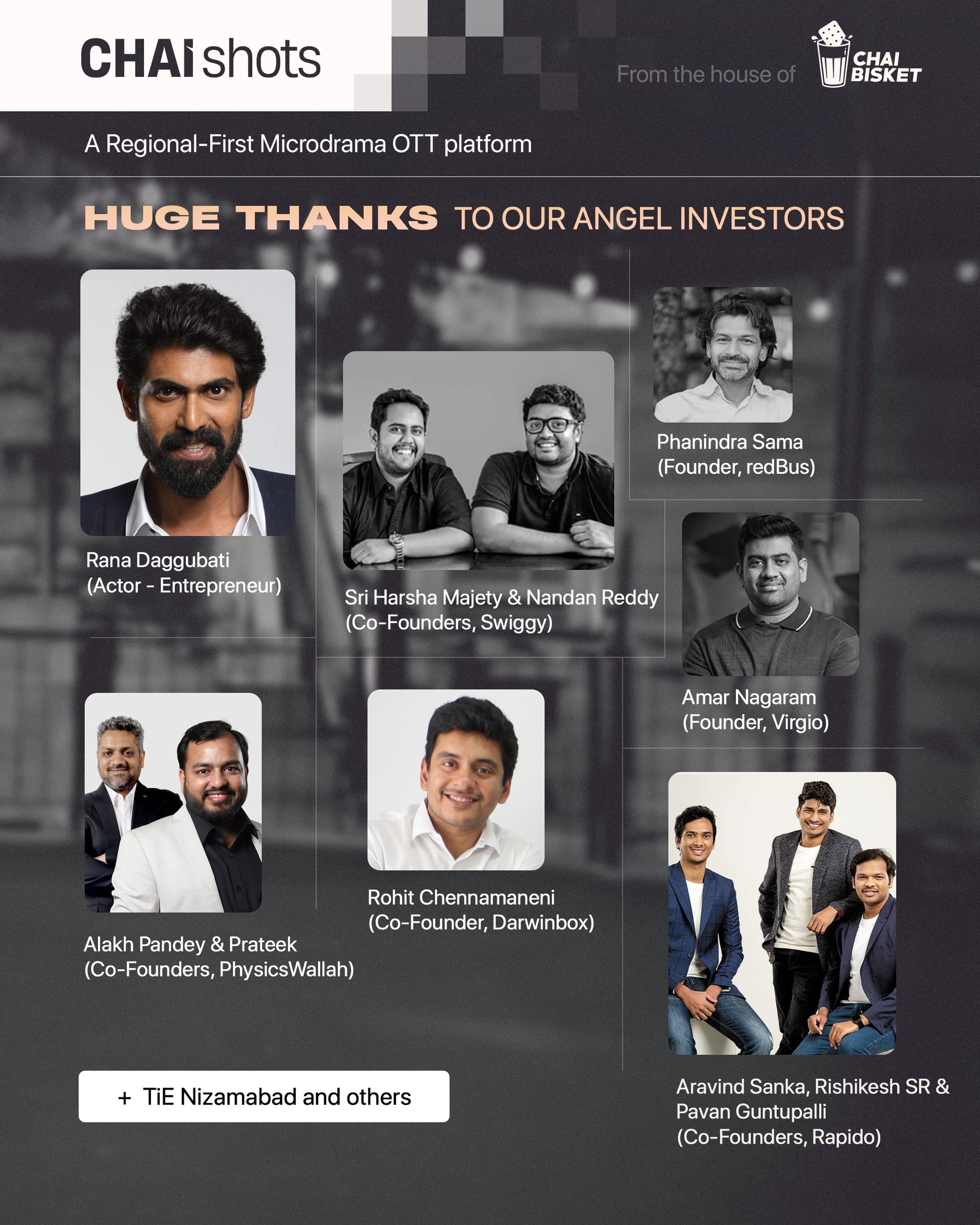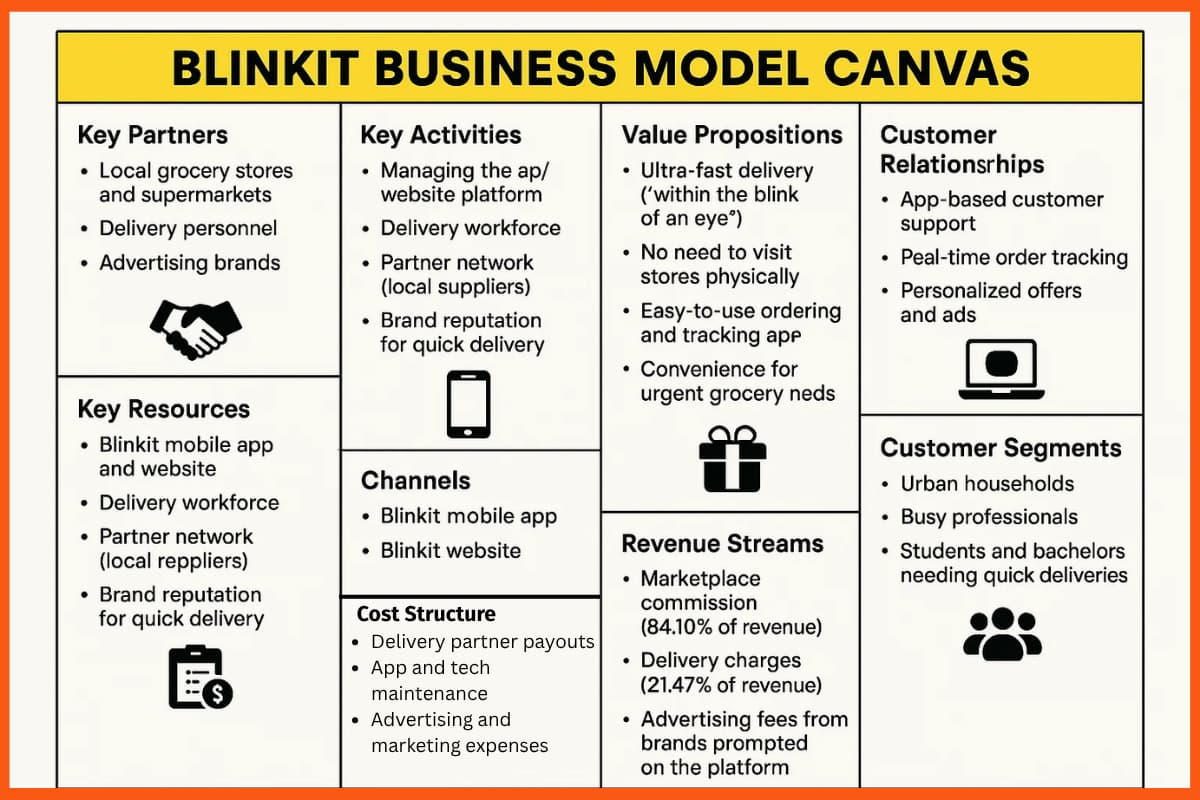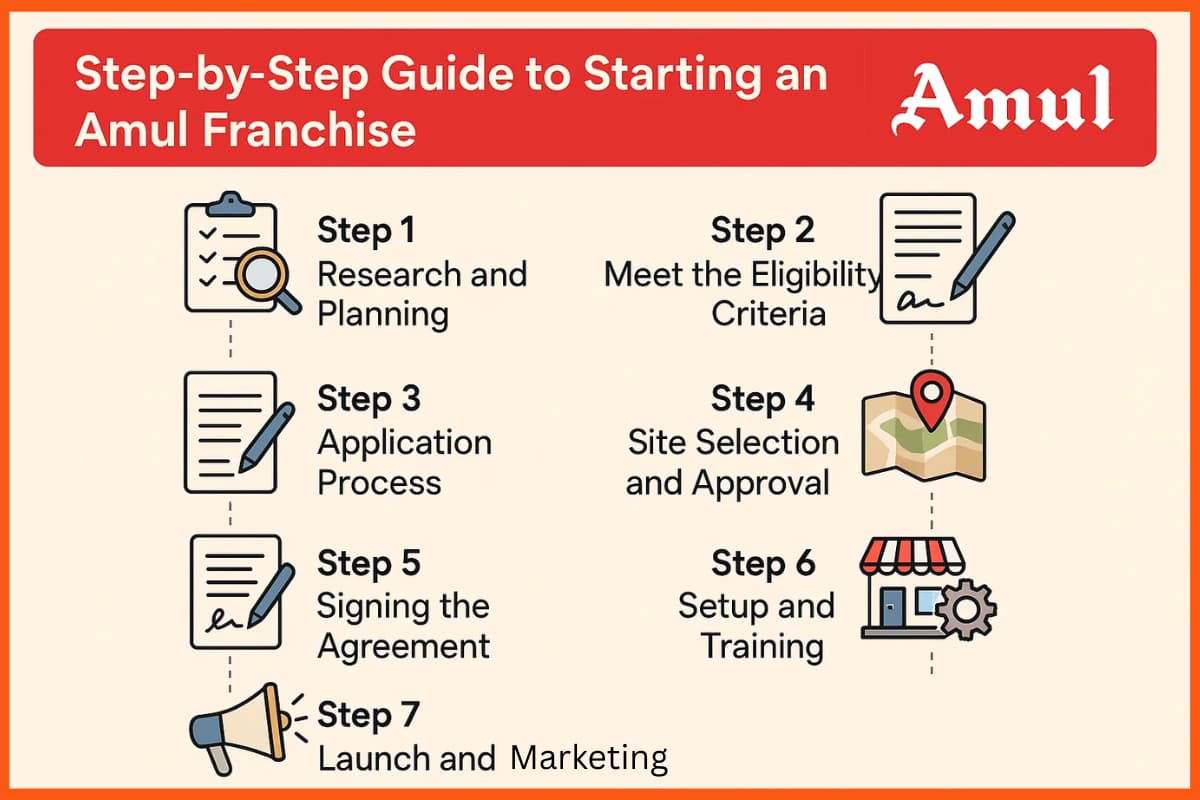Bestvantage Investments, a boutique investment advisory firm connecting high-growth startups with strategic capital, has successfully advised and facilitated an INR 2 crore bridge funding round for Enercomp Solutions Pvt. Ltd., one of India’s fastest-growing drone technology startups. The round was led by marquee angel investors, with the capital earmarked to accelerate Enercomp’s product innovation, scale operations, and deepen its AI-powered drone software stack.
The funding marks another strategic milestone for Bestvantage, known for enabling capital-efficient growth for deep-tech ventures across India and the Middle East. With this round, Enercomp is set to expand its manufacturing capacity, invest in cutting-edge drone operating systems, and build execution capabilities for large-scale national deployments.
“We backed Enercomp because it sits at the intersection of hardware and software and has demonstrated capital efficiency, IP-led innovation, and sector-wide relevance. This deal is a strong example of how strategic capital can accelerate the ambitions of deep-tech ventures,” said Raman Sharma, Founder & CEO of Bestvantage Investments.
“With India’s drone market projected to reach $13 billion by 2030, we are building not just products, but foundational technology infrastructure for the sector. This bridge round will help us deepen our IP portfolio and strengthen our delivery capabilities for national-scale projects.” said Jatin Patel, Co-Founder & Director, Enercomp.
Enercomp, known for its end-to-end capabilities across drone manufacturing, services, and GIS software, will use the capital infusion to scale R&D, expand its AI-enabled drone operating system, and grow its national project execution team. Enercomp has earmarked INR 8 crore in strategic investments for the coming year to fuel this expansion.
The latest round comes on the back of continued business momentum. Enercomp has grown at a compounded annual rate of 1.8x, with revenues rising from INR 3.1 crore in FY22-23 to INR 5.6 crore in FY23-24, while maintaining profitability. In the current fiscal (FY24-25), the company has already recorded INR 4.2 crore in revenue and holds an active order book of over INR 9 crore, signaling strong revenue visibility and client trust.
Enercomp has raised INR 6.9 crore across previous rounds, with valuations increasing from INR 12.5 crore to INR 60 crore. The founding team retains over 80.5% equity, including a 4% ESOP pool, underscoring long-term alignment and strategic control.
Operating at the intersection of hardware, services, and software, Enercomp’s integrated offerings include: Indigenous drone manufacturing, Drone-as-a-Service (DaaS) models, and a proprietary GIS analytics platform.
With over 70% Enercomp’s revenue coming from product sales, Enercomp’s core technology advantage is clear. Its clientele includes some of India’s leading infrastructure, agriculture, and energy players such as Tata Projects, Reliance, Mahindra Susten, and L&T, along with several government departments and state utilities.
The company has developed seven proprietary drone models including VTOL, fixed-wing, and surveillance variants that are already commercially deployed. Its software dashboard is actively used by enterprise and government clients to analyze and visualize mission-critical data.
This successful round closure advised by Bestvantage Investments not only accelerates Enercomp’s mission but also cements its place among India’s most promising and capital-efficient deep-tech startups.
About Bestvantage Investments
Bestvantage Investments is a boutique investment advisory firm that connects high-potential startups with strategic investors across India and the Middle East. Founded by Raman Sharma, Bestvantage specializes in deal sourcing, investment structuring, and capital raising for early to growth-stage companies. With a strong network of family offices, venture funds, and institutional investors, the firm enables businesses to unlock growth opportunities through strategic capital partnerships.
About Enercomp Solutions Pvt. Ltd.
Enercomp is a deep-tech drone technology company based in Ahmedabad, India, specializing in indigenous drone manufacturing, drone-as-a-service (DaaS) solutions, and GIS-based data analytics. With a strong IP portfolio including seven proprietary drone models, Enercomp serves clients across infrastructure, agriculture, energy, and government sectors. The company combines cutting-edge hardware and AI-powered software to deliver end-to-end aerial intelligence solutions. Profitable and capital-efficient, Enercomp is building the next generation of unmanned aerial systems to power India’s rapidly growing drone economy.










